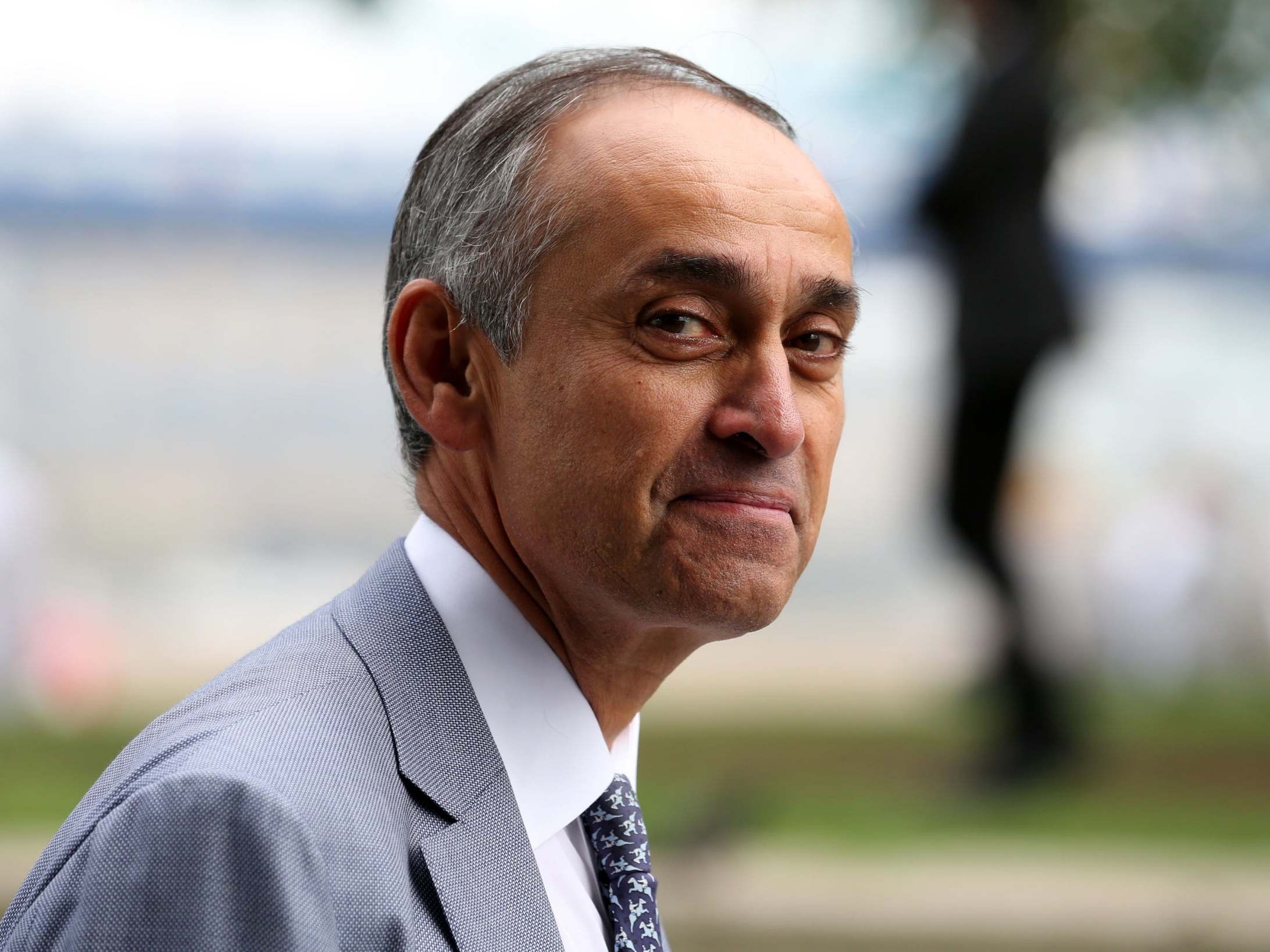
The UK has 400,000 fewer workers than before the pandemic as long Covid and other illnesses and have driven people out of jobs at an estimated cost of £8bn, a new report says.
Deep inequality and the government’s failure to improve Britain’s health meant Covid caused more economic damage and more deaths than in many other countries, The Institute for Public Policy research (IPPR) think tank concluded.
It warned that Covid-19 had exposed fundamental issues and structural weaknesses in the UK’s approach to both its economy and public health.
An estimated 1.7 million people – 2.7 per cent of the population – were experiencing self-reported Covid symptoms more than four weeks after being infected, according to the latest official statistics.
The IPPR’s report found that this had caused a major impact on the economy. It estimated that a million workers are now “missing” from the workforce compared to the pre-pandemic trend.
About 400,000 of these are no longer working because of health factors such as long Covid and mental health problems. Researchers estimated this is costing the UK £8bn a year in lost productivity.

The report argued that ineffective public health policies left the UK vulnerable to long-term impacts from the pandemic. Political decisions have resulted in people living shorter lives, with more years spent in poor health, and facing greater barriers to staying in and getting on at work, the IPPR said.
It argued the relationship between health and the economy is a decisive factor in the UK’s “terminally low” productivity, low growth, and regional inequalities.
Poor health is causing large numbers of people to drop out of work, particularly in poorer areas. For example, official figures show that women in the most deprived local authorities live just two-thirds the number of healthy years as those in wealthiest areas.
Lord Ara Darzi, a leading surgeon, independent peer and co-chair of the newly formed Commission on Health and Prosperity, said the country must now choose between continuing on a trajectory of “poor health, low public investment, and poor growth” or commit to “rapid improvement in total health and, in turn, leverage that health for greater prosperity and security”.

Despite government claims that it is levelling up the country, Britain remains highly unequal. Local-level analysis by the IPPR found that someone living in northeast Lincolnshire can expect to fall into bad health eight years earlier than the UK average, while the output of their work is also valued at £8 less an hour than the average.
The report argues this is a “vicious cycle” – factors like lack of job opportunity and poverty can harm people’s health; in turn, poor health can undermine people’s work and a place’s productivity.
People living in the most economically deprived parts of the country – including Blackpool, Knowsley and Barking & Dagenham – can expect to fall into poor health in their late fifties, five years earlier than the national average and 12 years sooner than people living in the healthiest areas.
This is largely down to factors like low-quality housing, bad jobs, low wages and chronic stress, the report argues.
It estimates that if health standards in all local authorities were brought in line with the healthiest 10 per cent, the UK would see a “major increase” in productivity.
Workers in Blackpool – who currently have the fewest healthy years of any area in the UK – would see a 3.9 per cent boost to their output, the IPPR found.
Sir Oliver Letwin, former cabinet member and member of the Commission on Health and Prosperity, pointed to huge investments in public health during the Victorian era which led to rapid economic growth.
“It is time to rekindle that spirit and deliver a new era of better health, greater health equality and greater prosperity,” he said.
Dame Sally Davies, former chief medical officer and co-chairwoman of the commission, said: “While the restrictions have eased, the scars of the pandemic still remain deep on the nation’s health and our economy.
“Not only are we facing a severe cost of living crisis, driven in part by pandemic-induced inflation, we’re also experiencing a workforce shortage driven by poor health that’s holding back the economy.
“It has never been more important to put good health at the heart of our society and economy, and our commission will bring forward a plan to do just that.”







